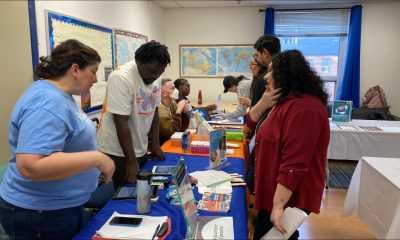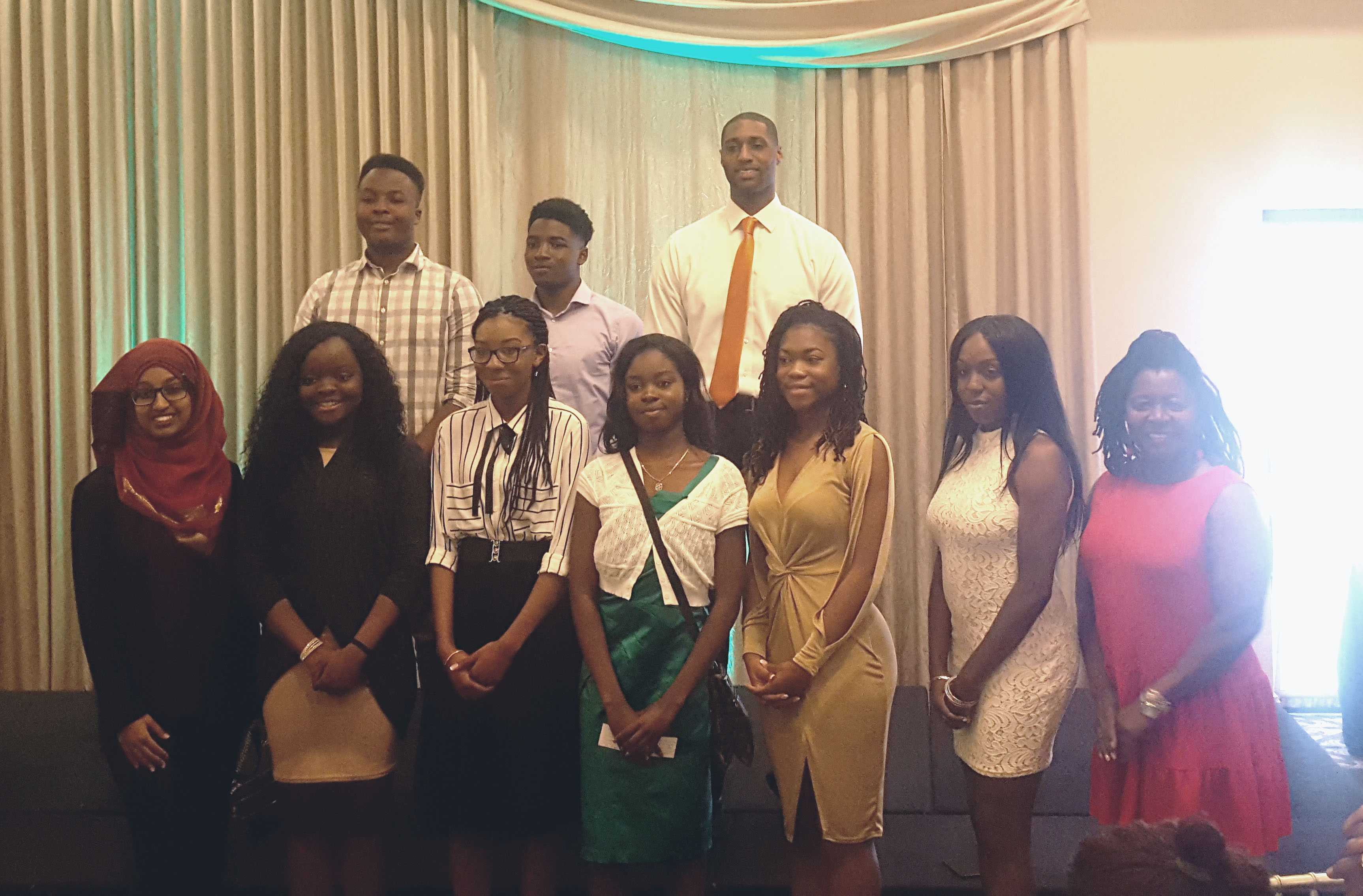BY: KATHY MCDONALD
It seems preposterous that I am writing my first article for the 2018 year. As I reflect on what I think is best described as an eventful three hundred and sixty-five days, I can honestly say that I am looking forward to an even more action-packed twelve months. This is an election year both provincially and municipally. It is vital that members of the Caribbean and Black community get involved, pay attention and most importantly vote. More essentially, for the immediate future, most school boards are hosting information nights for a wide range of programs from French Immersion to the EQAO (Education Quality and Accountability Office) test. Many school boards across Ontario have kindergarten registration in January. So, remember to visit your children’s school board website.
We are entering the season of promises. We as a community need to pay close attention to the promises made and the promises broken. We need to carefully analyze all the information that is and will be bombarding the airwaves and social media. Above all this we need to be diligent in deciphering fact from fiction; fake news from the truth. We are living in incredible times and need to be conscious of the fact that invariably what we read on social media and several news outlets are simply carefully edited propaganda. Readers we need to dig deep.
In my humble opinion education is one of the most important election issues that the Black and Caribbean community should pay close attention to. Accessing an education is the only true meaningful way that the community can make any real changes and progress. An education, not mere academic achievement but a decent solid education will provide the Black and Caribbean community with the necessary resources to improve the outcomes of our children and the entire community. A proper education is vital in eradicating racism. It can also alleviate a lot of the social, mental and financial problems that negatively impact our community.
Politicians often argue that education does not make money and only cost the government. This, my dear readers is a short-sighted and perilous point of view. Quite simply put when you examine the following real-life scenario, the benefits and cost savings of having an education far outweigh the negatives of a high school drop out. Let’s compare a family with two sons. One finished high school and pursue post-secondary education and the other did not. The former graduated and even though there was a recession was able to get a low paying research assistant job and eventually was able to get a job in his field of study, rose through the ranks and is currently a senior member of his team. He has settled down with one partner has three children all who are excelling in school and seemed poised to be employed, tax-paying contributors and future leaders in the Canadian society. This individual to date has never needed to go on social assistance, never got incarcerated or cost taxpayers a penny. In fact, the reverse is true he has been contributing handsomely to the tax coffers.
Now, brother number two has just about the diametrically opposite result. After being streamed to an inferior academic program, despite having above average grades, he became totally disengaged from school. He diligently populated his neighbourhood. He has actually fathered eleven kids for eight young ladies. By the time he was thirty-two he was a grandfather. Brother number two engaged in precarious work. In the absence of a high school diploma, he was unable to secure stable employment. He has never contributed in any meaningful way to the financial, emotional or spiritual well-being of his offspring. He often relies on welfare as do nine of his children. They have all dropped out of school too. Between them, there are various permutations and combinations of delinquency from drug use, alcoholism, child abuse, incarcerations, teenage pregnancies and total reliance on welfare. It is evident that these children have cost taxpayers a lot of money.
I am by no means suggesting that all students that drop out of high school are delinquents and that all educated people are upstanding taxpayers. Basically, the money it would have cost to ensure that brother number two reached his full potential is considerably less than the cost to remediate him and his family. A truly great educational system should meet the needs of all learners, embolden the vulnerable and should not operate in silos. The health, justice, social welfare and other government departments need to work closely with the ministry of education to ensure that its most vulnerable citizens, children, can learn.
I am also aware that many critics will ask “What about the parent’s responsibility?” Nevertheless, teachers have a duty to care and provide an environment that encourages all students to be the best that they can be.
So, when the campaign season begins in earnest and politicians are knocking at your door be sure to ask them about the most important factor that can dramatically improve the lives of young people, an education. Reminisce, scrutinize and evaluate. Engage the politicians in meaningful dialogue. However, for now, visit your children’s school board website and arm yourself with knowledge. Remember knowledge is power. So, journey with me. Walk Good, Belle Marché.


 Community News2 weeks ago
Community News2 weeks ago
 Community News2 weeks ago
Community News2 weeks ago
 Community News2 weeks ago
Community News2 weeks ago
 Community News2 weeks ago
Community News2 weeks ago
 Community News2 weeks ago
Community News2 weeks ago
 Community News2 weeks ago
Community News2 weeks ago
 Community News2 weeks ago
Community News2 weeks ago
 Community News2 weeks ago
Community News2 weeks ago






























